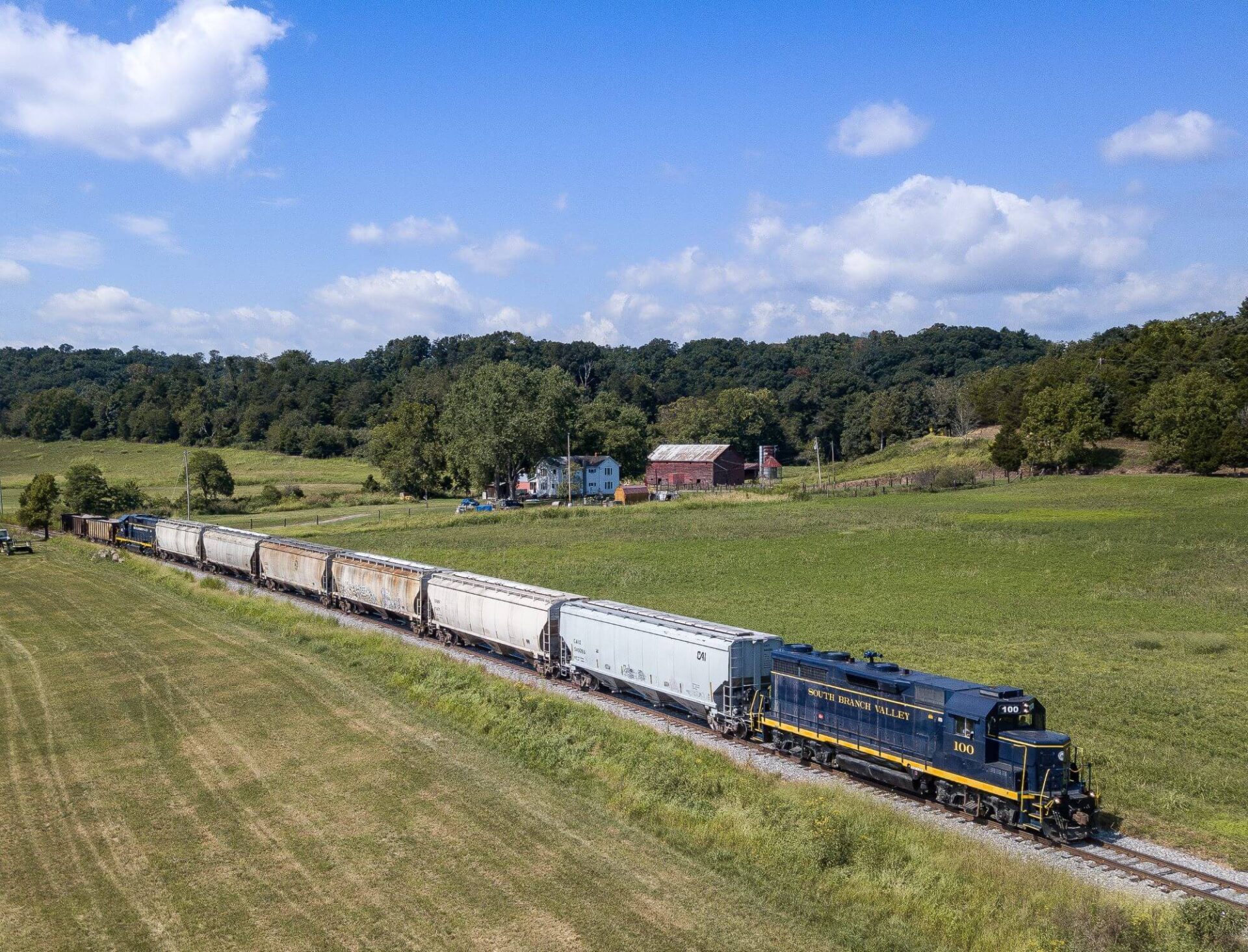Two of the nation’s biggest railroads have paused their push to change train crew size in their contract negotiations with workers. Still, railroad labor leaders don’t think the companies will give up.
In the wake of recent train derailments, including the one in February in East Palestine, Ohio, members of Congress have introduced bills to set a minimum train crew size of two.
The Federal Railroad Administration has also proposed a rule requiring two people on each train.
The railroads have fought such efforts. Sen. Ed Markey, D-Massachusetts, asked Norfolk Southern CEO Alan Shaw in a recent Senate Commerce Committee hearing where he stood on the issue.
“Will you commit to a two person crew on all trains?” Markey asked.
“Senator, we’re a data driven organization, and I’m not aware of any data that links crew size with safety,” Shaw said.
Since then, Norfolk Southern and Union Pacific, two of the nation’s biggest railroads, have paused their push to change train crew size in their contract negotiations with workers.
Still, railroad labor leaders don’t think the companies will give up.
Jared Cassity, alternate national legislative director for the SMART Transportation Division, said having a conductor on the train that derailed in East Palestine prevented a worse situation.
“I’ve been a conductor, I’ve been a locomotive engineer. You cannot do that job alone or you cannot do it safely,” he said. “And so that is the most fundamental thing that we have threatening safety in the industry right now.”
He also said it made a difference in a derailment earlier this month at Sandstone, West Virginia. A CSX train struck some fallen rock on the track. The engineer broke both his legs. But he wasn’t by himself in the cab. There was a conductor and an engineer trainee who could help.
“Thankfully, there was a trainee there, an engineer trainee, but they had to lift him up out of that locomotive,” Cassity said. “Had he been alone? I don’t know what would have happened. I mean, that locomotive was on fire.”
Railroads have spent billions of dollars on a safety system called positive train control. They say that makes it possible to run a train safely with just one person. Cassity disagrees.
“You know, they try to justify the argument with technology,” he said. “And, you know, the unfortunate reality is, is technology cannot do what a human being can do.”
Such as the long list of things the Norfolk Southern conductor did in East Palestine.
“As soon as the accident occurred, conductor got down, started an inspection, identified the fire, identified the presence of hazardous materials, relayed that to the engineer, so the emergency services could get put en route, they tied down the brakes on the equipment, so there would be no unintentional movement. And then they separated the locomotive so they themselves could get to safety. A single person cannot do that.”
